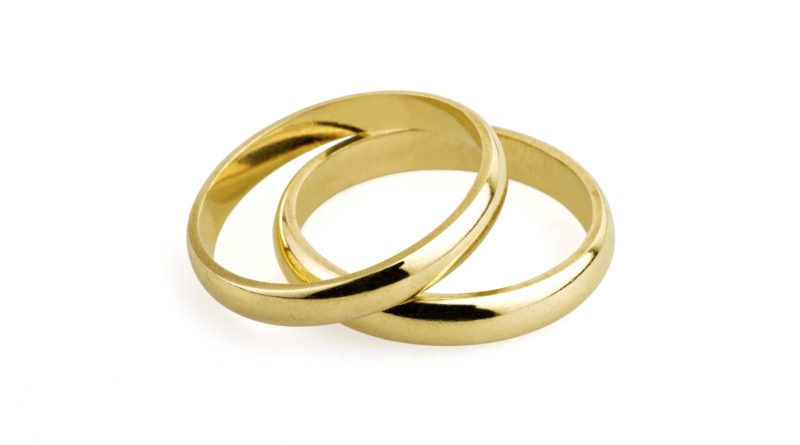A Guide to Ariana Grande’s Cultural Appropriation Controversy
1,704 total views
Ariana Grande had a brilliant 2018. She covered last August’s Elle just as her fourth album, the critically and commercially trailblazing Sweetener, dropped. In November, she released the single “thank u, next,” which was her first number-one song; its subsequent music video broke YouTube viewing records. “To understand culture in 2018,” read one Washington Post headline, “you must understand Ariana Grande and Pete Davidson.”
The same headline could apply to Grande (now broken up with Davidson) in 2019, but for entirely different reasons. Starting with the release of her January single “7 Rings” and its music video, Grande has faced seemingly endless allegations of cultural appropriation. “With ‘7 Rings,’” wrote prominent The Atlantic pop culture commentator Spencer Kornhaber, “the singer wears culture as a costume.” HelloGiggles was even blunter in its accusations: it ran a story titled “Ariana Grande’s ‘7 Rings’ video appropriates Black culture, and we have to talk about it.”
Among the ways in which Grande has been accused of appropriating black culture include copying: the rapper Soulja Boy’s flow from his game-changing hit “Pretty Boy Swag;” the Pink Trap House that rapper 2 Chainz set up in Atlanta to serve as a family-friendly haunted house and free HIV screening center; and the melody and production of rapper Princess Nokia’s “Mine,” which Nokia describes as “about brown women and their hair.” Grande eventually apologized on Instagram, ending her statement with, “It’s never my intention to offend anybody.”
But the cultural appropriation conversation around Grande didn’t end there. Not long after she issued this apology, she got the phrase “7 rings” tattooed on her palm in Japanese. Fans were quick to point out that the Japanese phrase permanently inked into her body actually translates to “shichirin,” which doesn’t mean “7 rings” — it means a Japanese-style barbecue grill. In attempting to fix this tattoo to accurately translate to “7 rings,” Grande inked yet another incorrect translation into her skin, this time “Japanese barbecue finger.” This saga led to her facing accusations of appropriating Japanese culture.
If you’re keeping count: Grande has been accused of appropriating Japanese, black, and Latinx culture (Princess Nokia’s Puerto Rican heritage is an overt theme of her music). Earlier this month, Grande tried to defend her embrace of Japanese culture: “It was done out of love and appreciation,” she said of her tattoo choices, before continuing: “u kno how many people make this mistake and DON’T care just cause they like how it looks?” This latter statement irked some listeners, who claimed that Grande essentially admitted she places no value on Japanese culture and that she only values it for its aesthetics.
However, some don’t see Grande’s choices as appropriation. In an article aptly titled “The Cultural Appropriation Convo Around Ariana Grande Is Too Simplistic,” Buzzfeed News writer Michael Blackmon argues that “7 Rings” is a natural progression for Grande, whom, he says, has never shied away from praising the black artists who have influenced her. Furthermore, a Cosmopolitan readers’ poll asking whether Grande appropriates other cultures currently has more “no” than “yes” votes.
It’s been fascinating to watch so much criticism of Grande emerge so quickly after a year in which she seemed invincible. 2019 is still young, and Grande’s newest album, thank u, next, is only a couple of weeks old. It remains to be seen what artistic decisions she makes as the year progresses and what lessons they’ll show she has — or hasn’t — learned.

